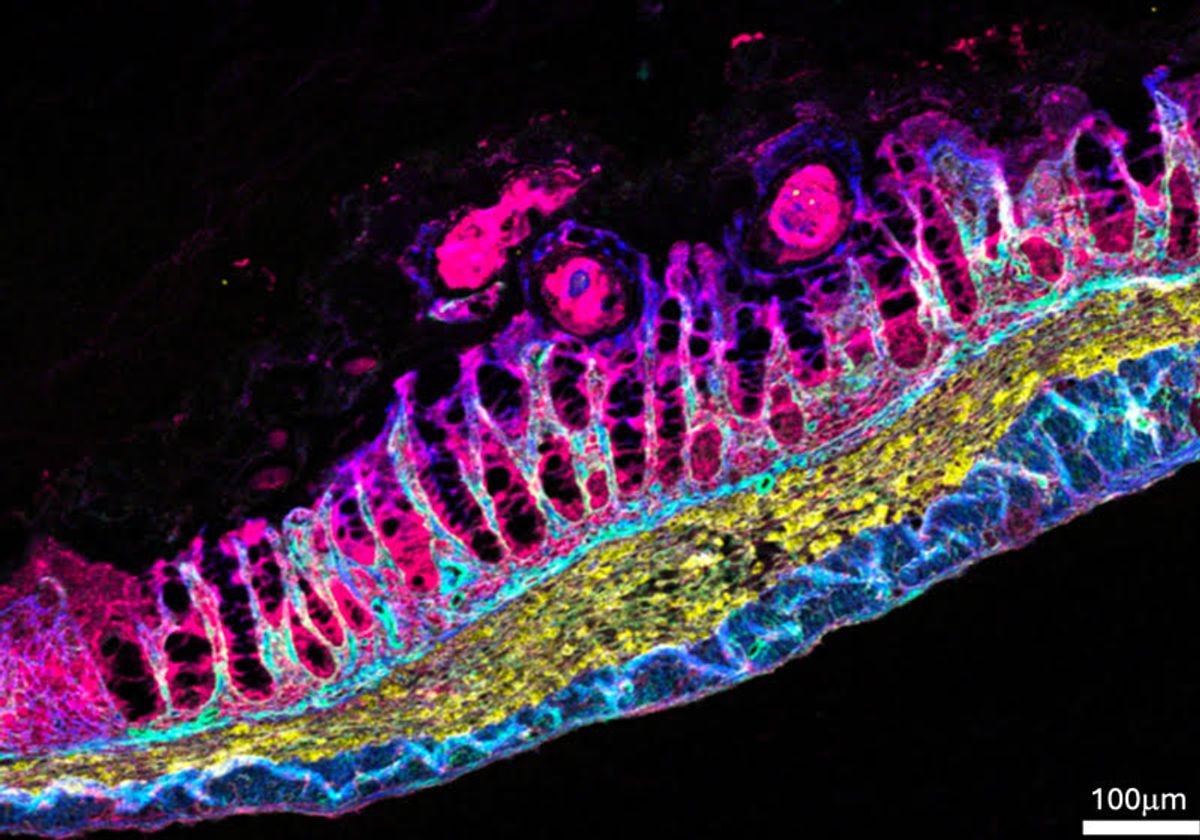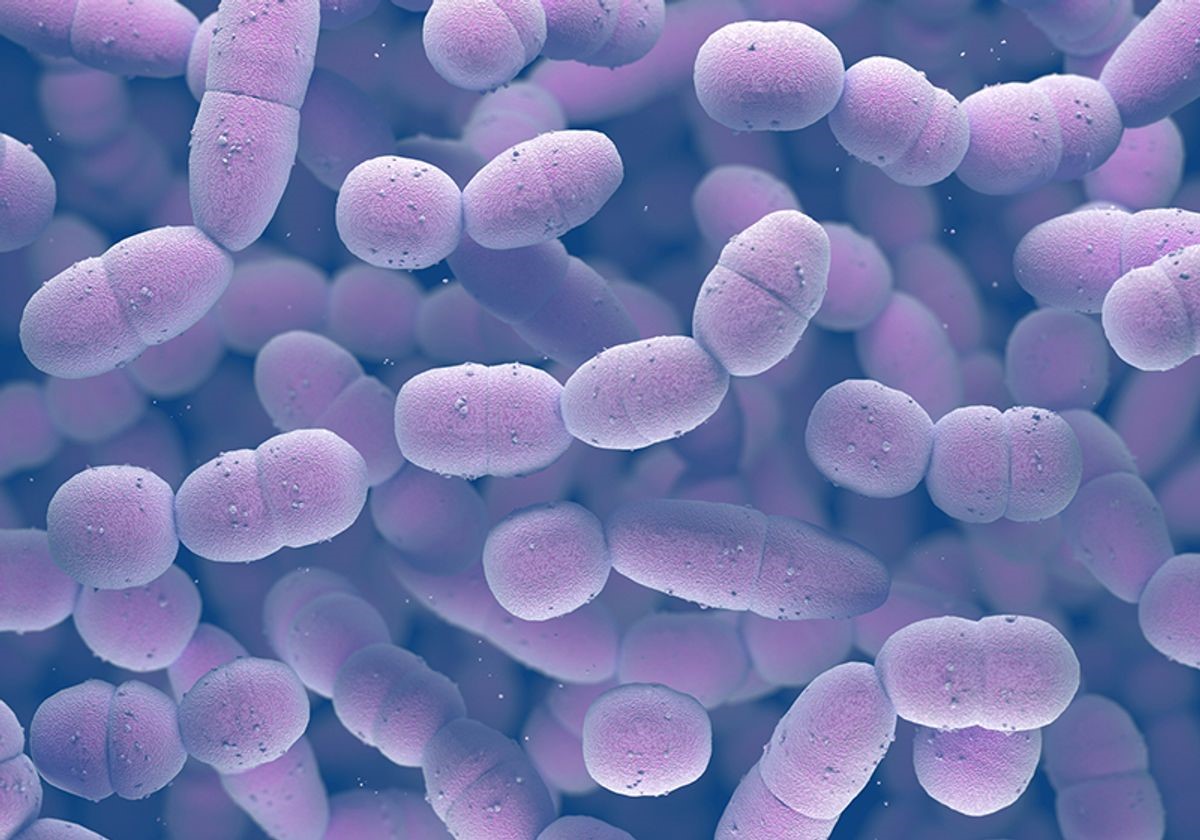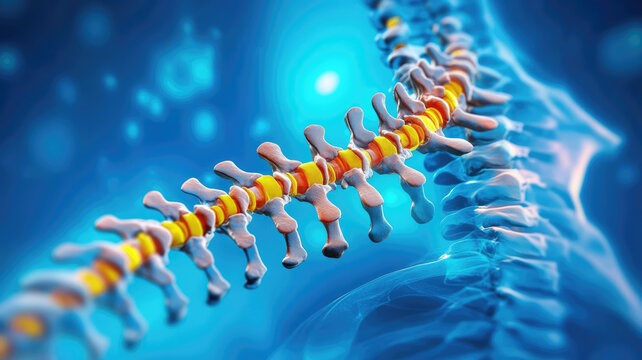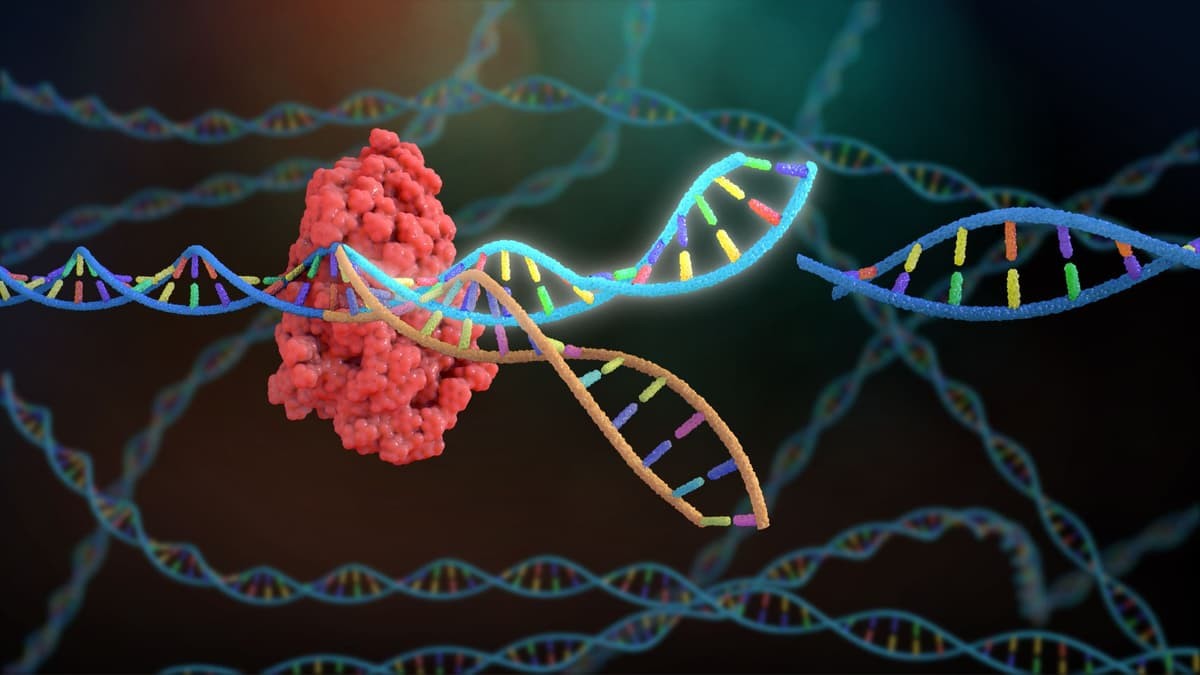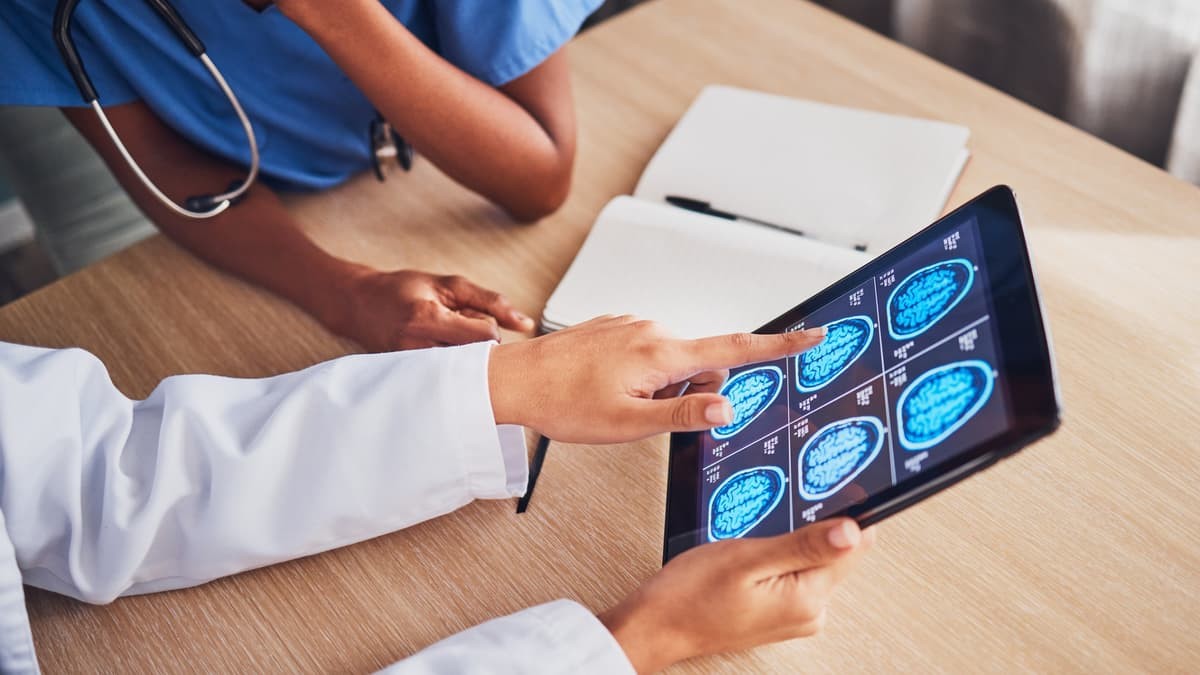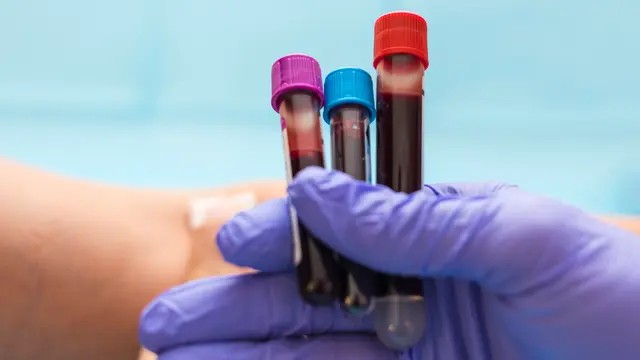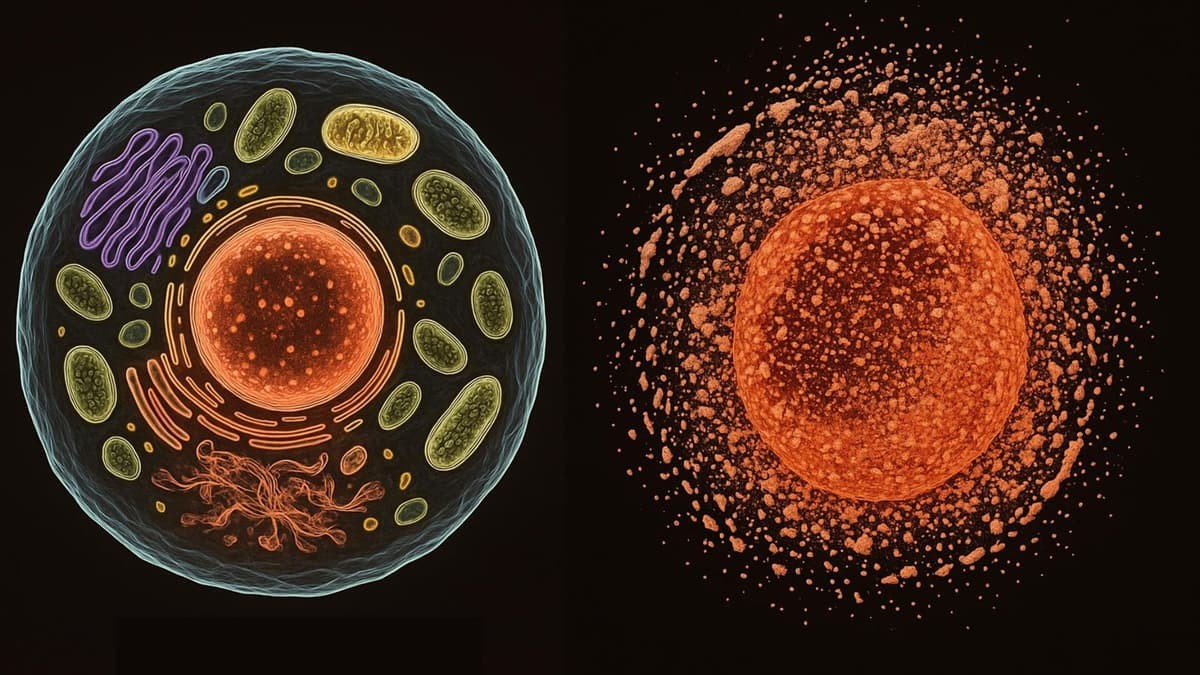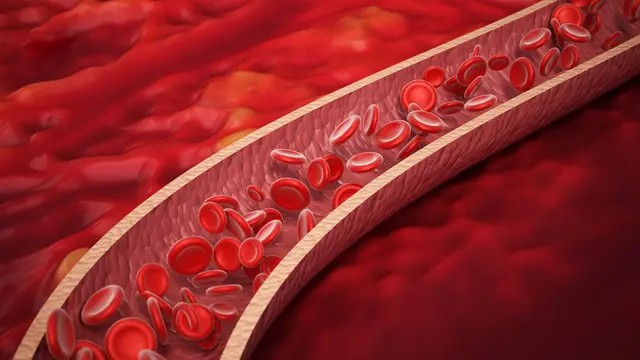Rising Threat: Superbugs Now Infect Implants, Sutures, and Wound Dressings
Superbugs May Be Feeding on Medical Plastics, Study Finds
A groundbreaking study has challenged long-standing assumptions about the durability of plastics used in healthcare, revealing that a common hospital-acquired bacterium can actively break down certain medical-grade plastics.
Researchers at Brunel University London discovered that Pseudomonas aeruginosa—a bacterium frequently associated with antibiotic-resistant infections in hospitals—can metabolize polycaprolactone (PCL), a plastic widely used in wound dressings, drug delivery systems, stents, surgical meshes, and dissolvable sutures.
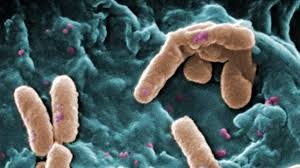
Figure 1.Superbugs.
Alarmingly, this capability may allow the bacteria to survive longer on hospital surfaces and medical devices, areas previously considered resistant to microbial colonization. Figure 1 shows Superbugs.
“These forces us to rethink how pathogens persist in hospital environments,” said Professor Ronan McCarthy, who led the research. “Plastics could actually be a food source for these microbes.”He added, “Any medical treatment or device that incorporates plastic might be vulnerable to degradation by these pathogens.”
Plastics as a New Food Source for Pathogens
The research team identified an enzyme called Pap1, isolated from a strain of P. aeruginosa obtained from a patient’s infected wound [1]. In laboratory tests, Pap1 was shown to degrade approximately 70% of a PCL sample within just one week.
Even more concerning, the bacteria weren’t merely damaging the plastic—they were using it as their sole carbon source, effectively feeding on the material to fuel their survival.
This discovery raises additional red flags: the breakdown products of PCL appeared to enhance the formation of biofilms—dense, sticky clusters of bacteria that adhere to surfaces and are notoriously resistant to antibiotics.
Such biofilms complicate treatment efforts and increase the risk of long-term infections, especially for patients with implanted medical devices.
“The bacteria’s ability to digest plastic might be helping it survive longer in clinical settings, potentially fueling hospital outbreaks,” McCarthy noted. “We should explore using plastics that are harder for microbes to digest and consider screening pathogens for these plastic-degrading enzymes, particularly during persistent or unexplained outbreaks.”
References
- https://interestingengineering.com/health/superbug-eats-medical-plastic-more-dangerous
Cite this article:
Keerthana S (2025), Rising Threat: Superbugs Now Infect Implants, Sutures, and Wound Dressings, AnaTechMaz, pp. 410


